The Ashanti Regional Health Directorate of the Ghana Health Service, with support from UNICEF and the World Health Organisation (WHO), has officially launched the 2024 Measles-Rubella and Vitamin A Supplementation Campaign.
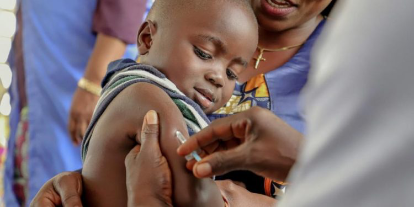
The campaign is set to run from 2nd to 6th October 2024 across all 43 districts in the Ashanti Region, targeting a population of 903,973 children between the ages of 9 and 59 months.
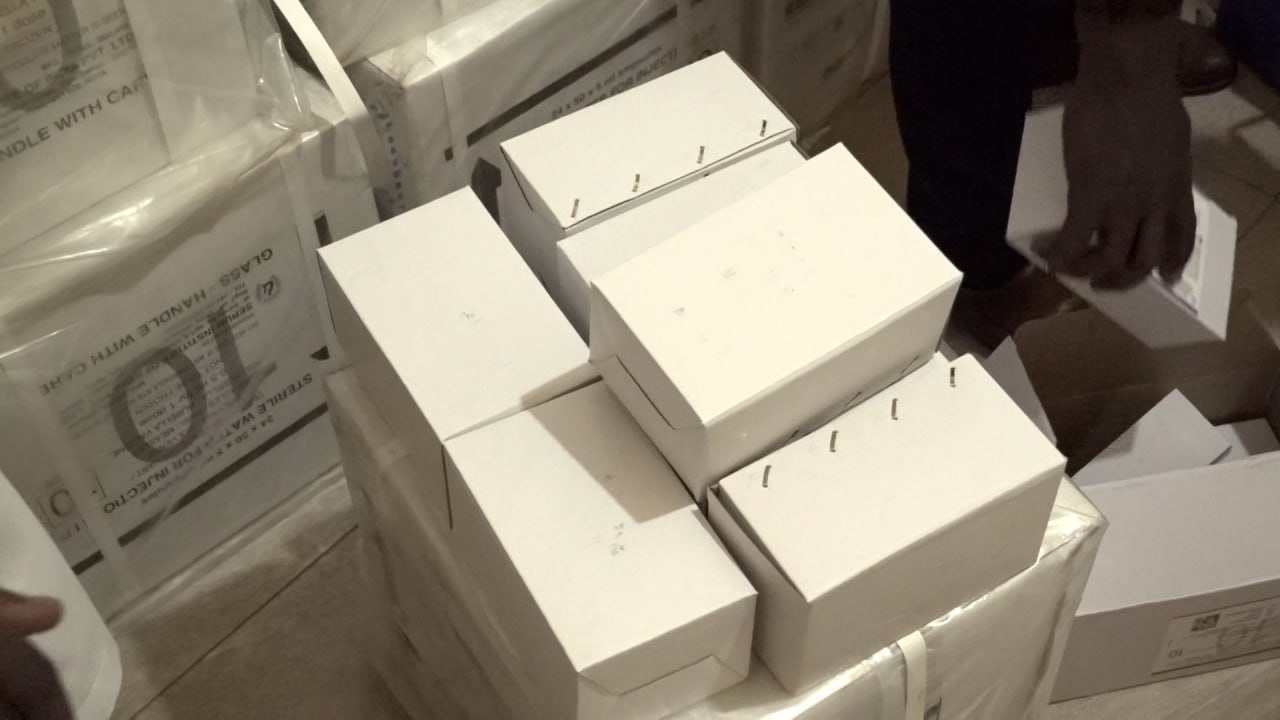
This year’s campaign, themed “Measles and Rubella Kills, Vaccinate Your Child Now for Good Life,” aims to raise awareness about the dangers of measles and rubella, and the necessity of vaccination in preventing these life-threatening diseases.

Measles, a highly contagious viral disease, spreads through coughing, sneezing, or close contact with an infected person, and can cause severe illness, complications, and even death.
While it can affect anyone, it remains most prevalent among children. Common symptoms include a high fever, cough, runny nose, and a characteristic rash that spreads over the body.
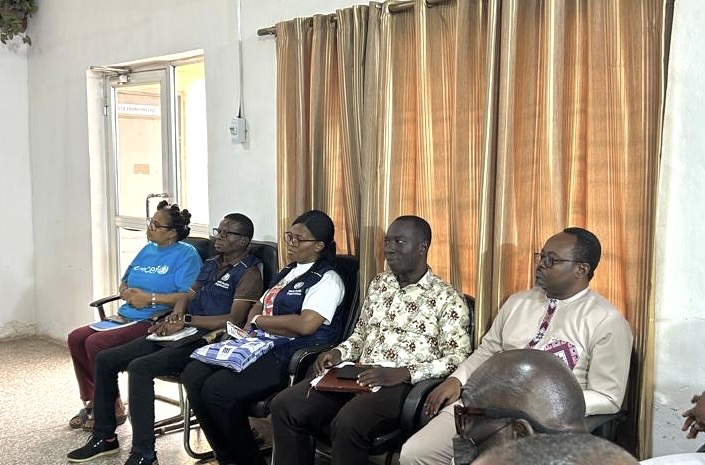
Speaking at the launch, Dr. Fred Adomako Boateng, Ashanti Regional Health Director, emphasised the importance of the campaign in protecting children from these preventable diseases.
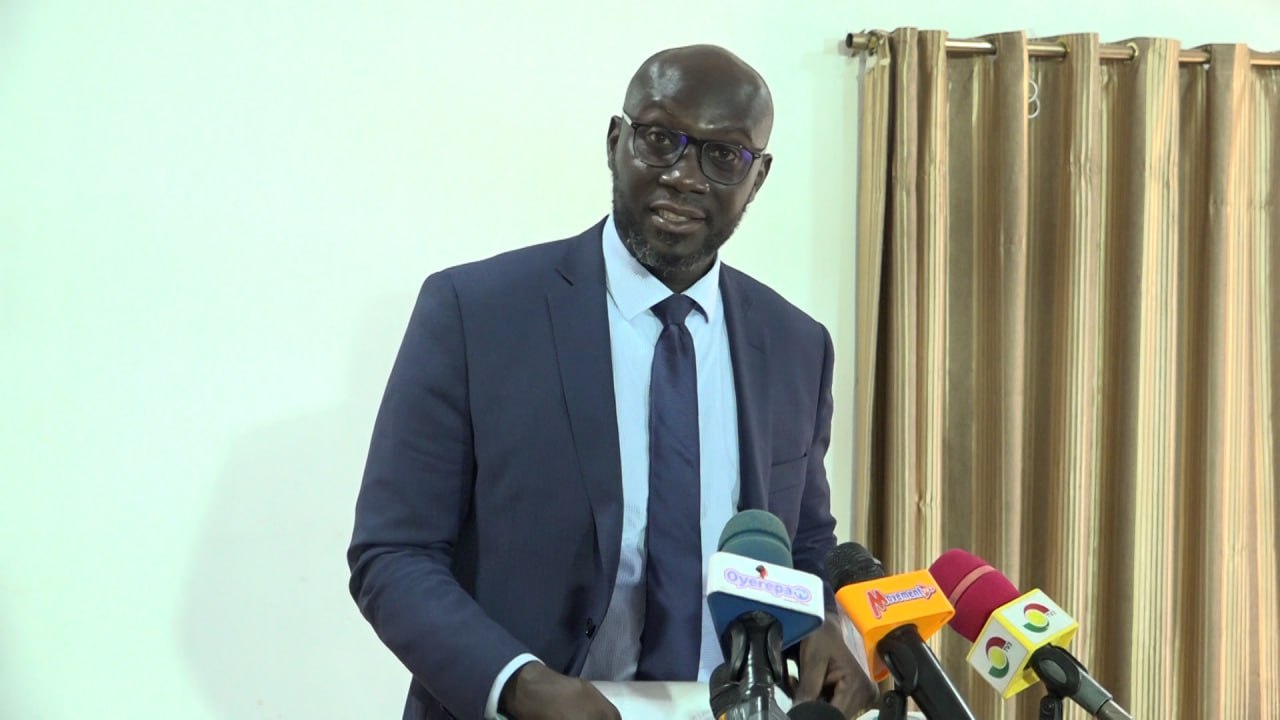
“The primary objective of this exercise is to increase the population immunity against measles and rubella by achieving at least 95% coverage across the Ashanti Region and the 15 other regions in Ghana,” he said.
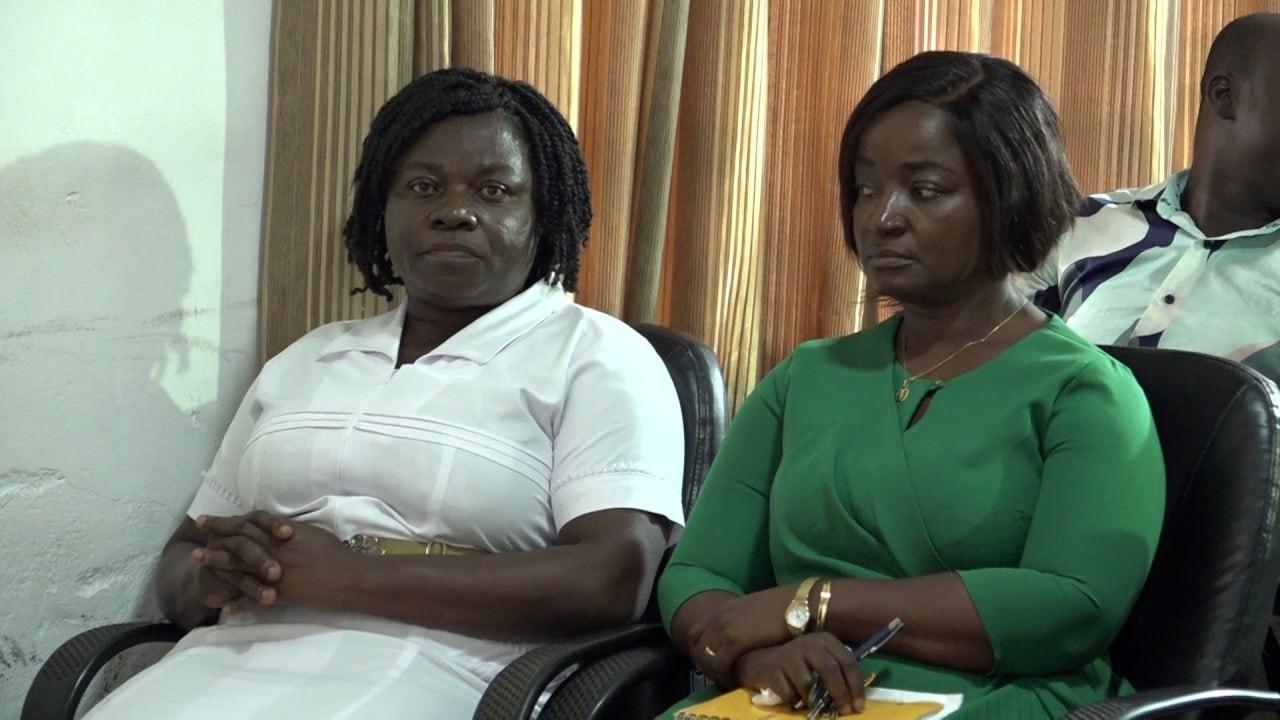
He further highlighted that health workers would be actively engaging communities by visiting schools and homes, and setting up posts to ensure that all children within the target age group are vaccinated.
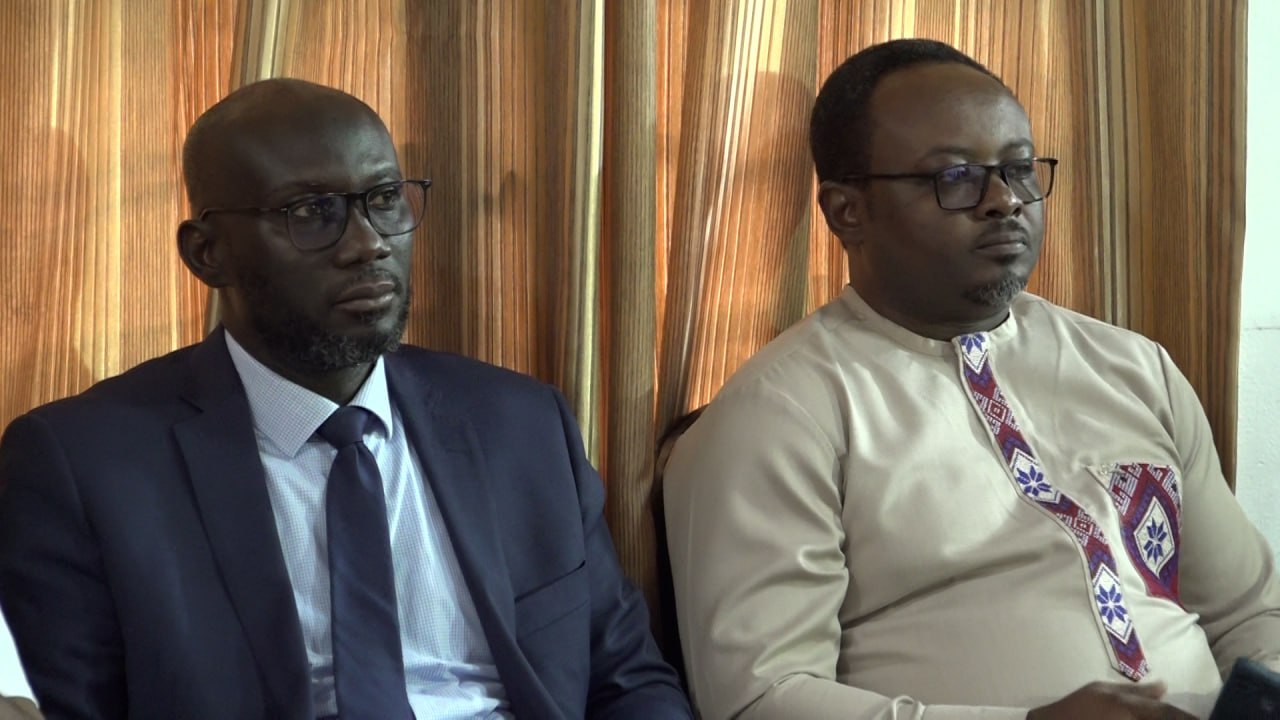
“All parents should ensure that their children are vaccinated to prevent the likelihood of outbreaks,” he urged.
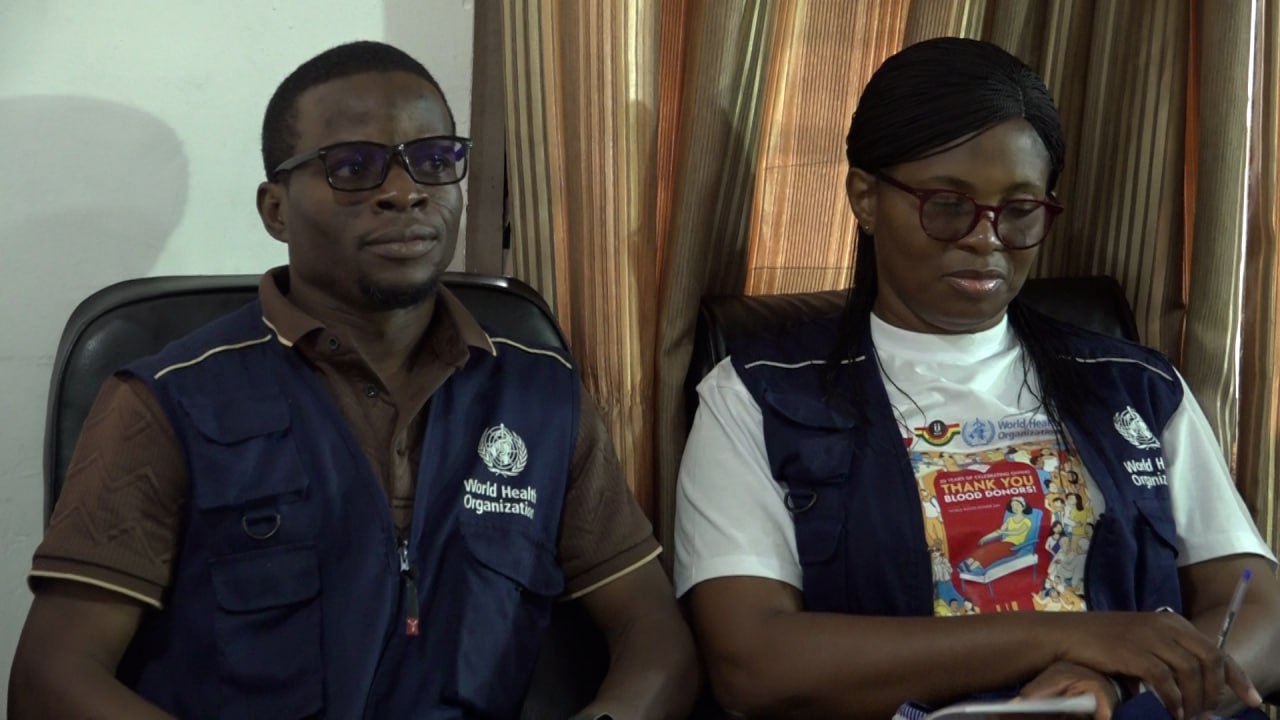
Dr. Adomako Boateng’s remarks were echoed by Ms. Charity Nikoi, the Social Behaviour Change Specialist for UNICEF Ghana.
She assured that the vaccines had safely arrived in the country and had been distributed to the various regions, adding that UNICEF was committed to seeing the campaign through to its conclusion.
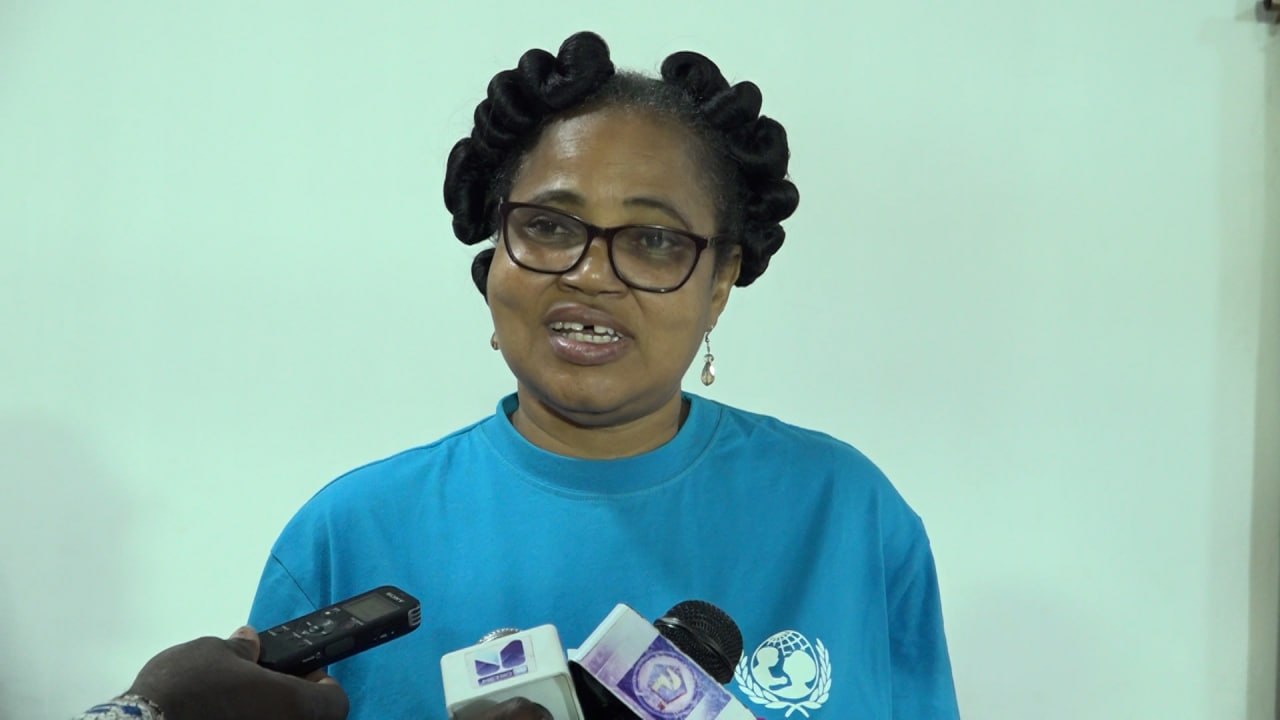
“Ashanti Region, being the largest, requires extra support, and we are here to help ensure that the expected coverage percentages are achieved, which will significantly reduce the rate at which outbreaks are occurring,” Ms. Nikoi stated.
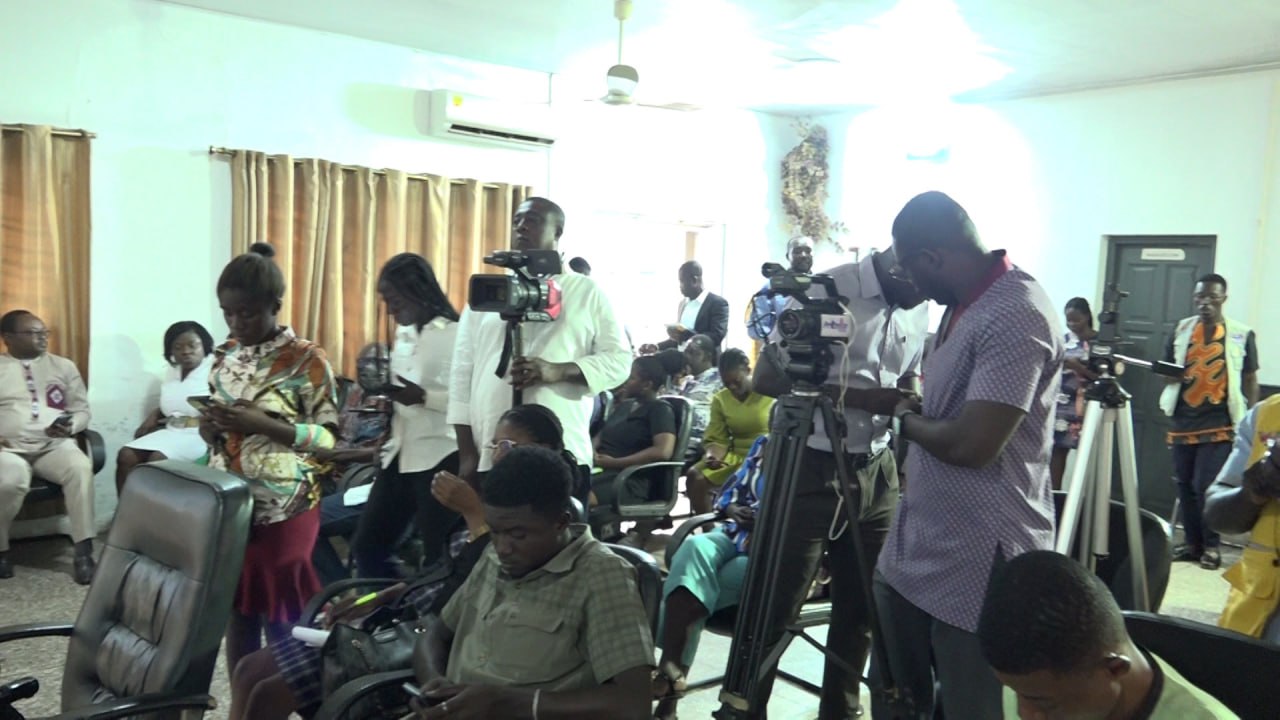
Statistics from the Ghana Health Service show an upward trend in measles cases, with only one case recorded in 2020, four in 2021, 24 in 2022, and a sharp increase to 79 cases in 2023.
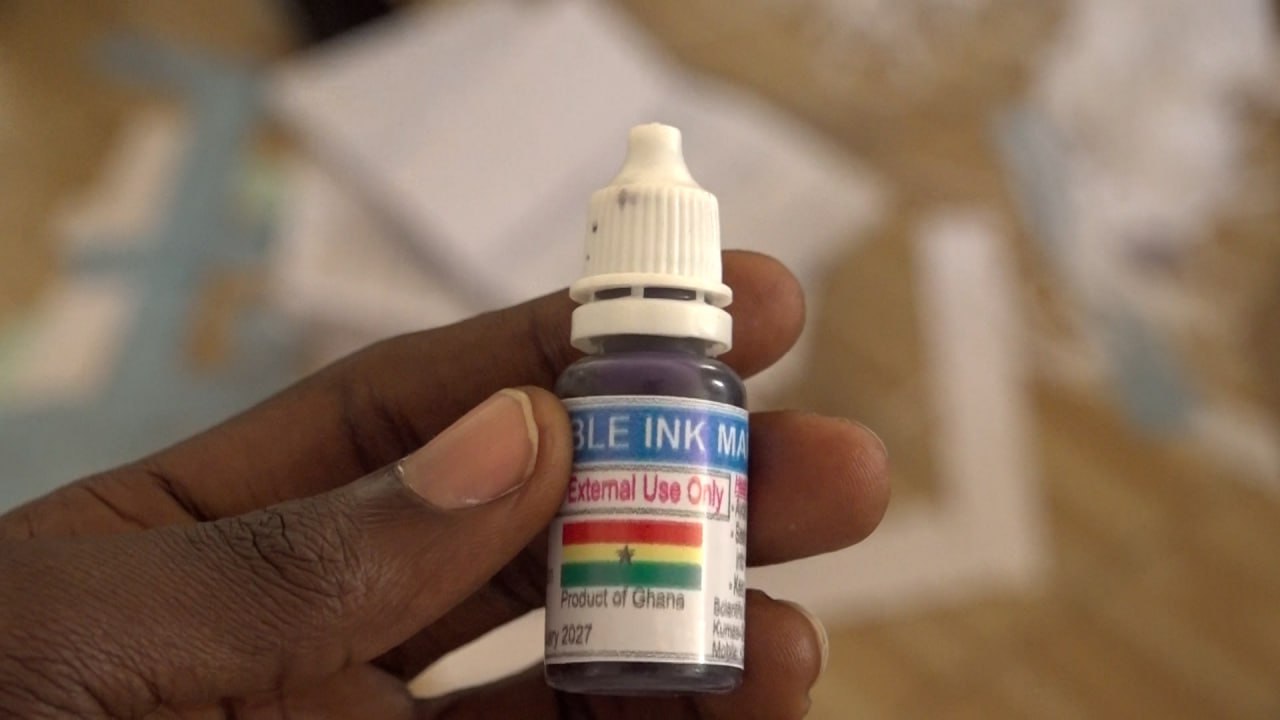
According to the WHO, approximately 700,000 children in Ghana were at risk of contracting measles and rubella in 2023, with 15 districts identified as high-risk areas for a measles outbreak.
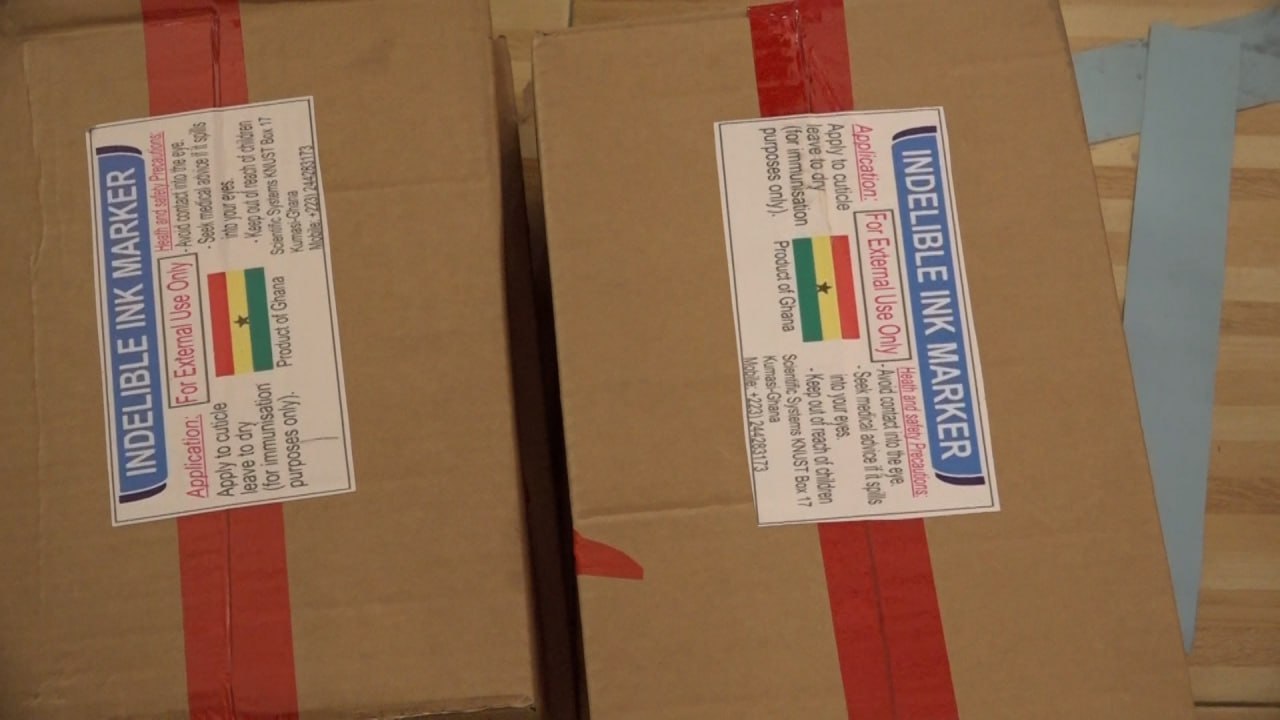
As the campaign kicks off, health authorities and their partners are working tirelessly to ensure that the coverage targets are met, which is critical in preventing further outbreaks and safeguarding the health of children across the region.
Nana Yaw Owusu/Ashanti Region.




